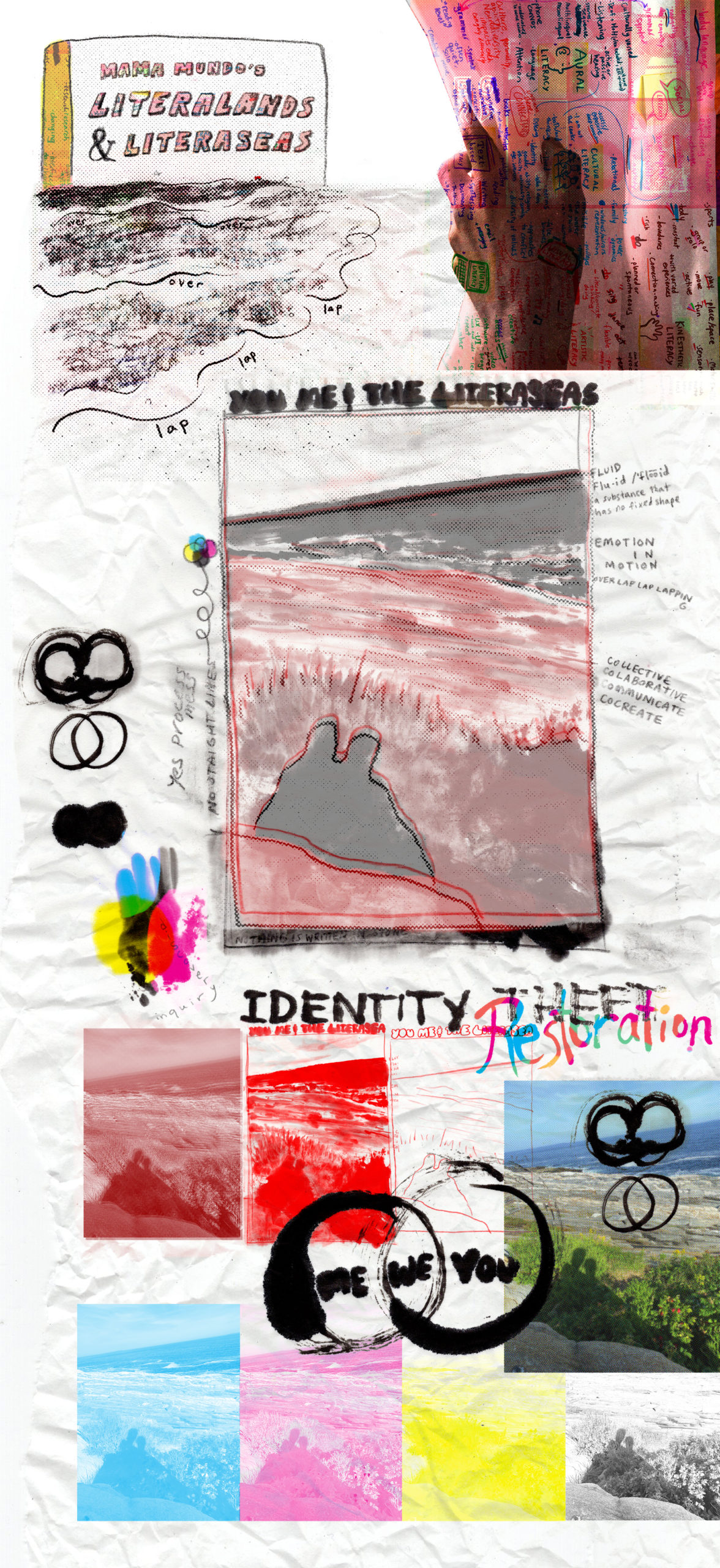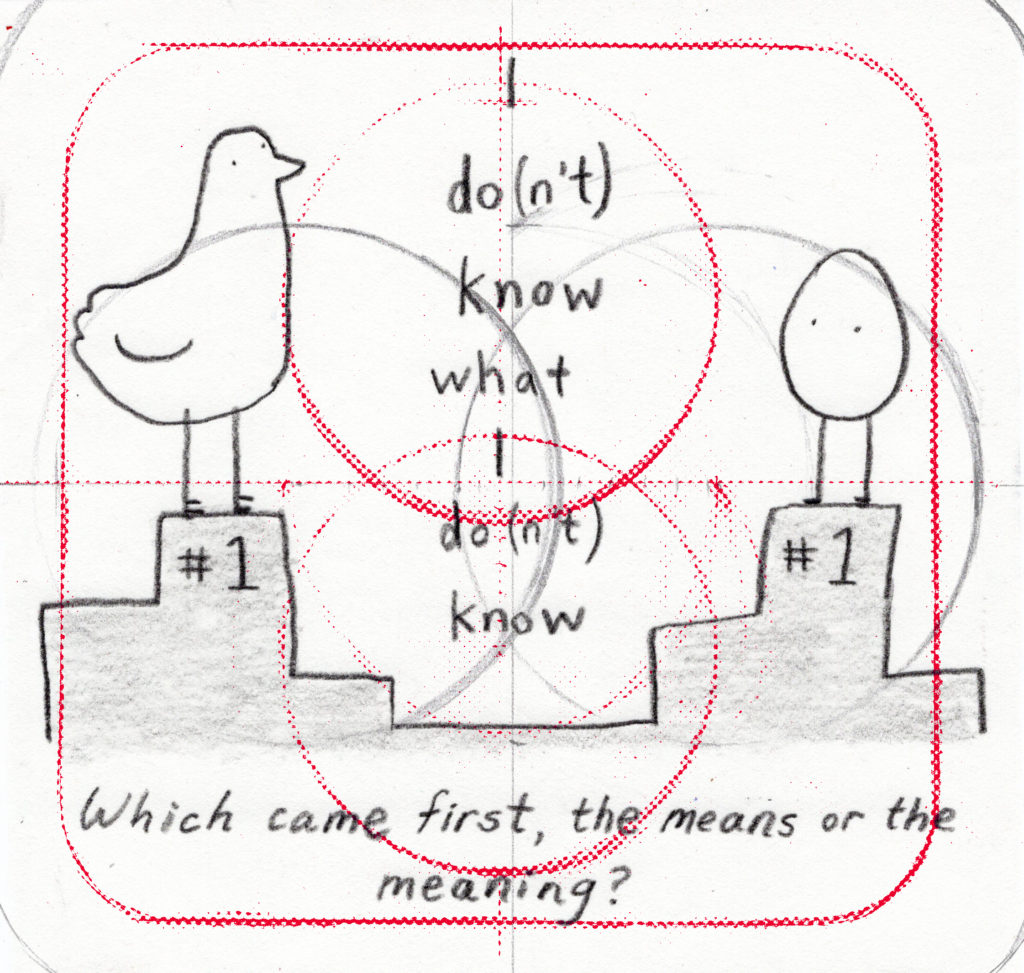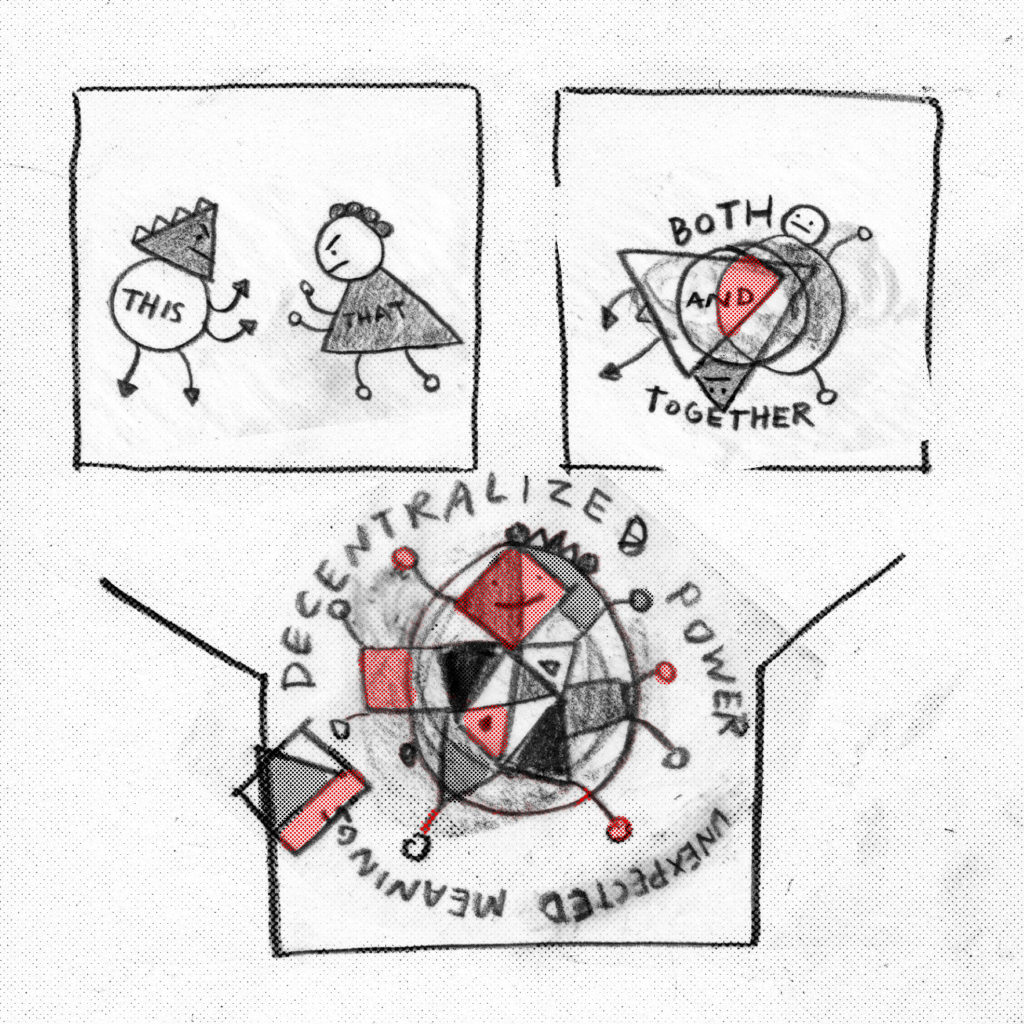2019 AEP Annual Convening Concurrent Sessions
Invisible
CONCURRENT SESSIONS: A
A Youth Development Framework for High Impact: High School Internships in the Arts
Priority Area: Raise Student Achievement and Success
PowerPoint Presentation
Leaders from Exploring the Arts will share how they reimagined a Positive Youth Development Framework for their out-of-school, high school Arts Internship Program, in response to cultural policy priorities articulated in both New York City and Los Angeles. Workshop participants will consider how their states’ arts education programs align with their localities’ priorities and learn how to build effective connections, including a conceptual framework, activities and assessment.
Presenters: Hannah Berson, Director, Programs and Assessment, Exploring the Arts; Faith Childs-Davis, Director, Los Angeles Office, Exploring the Arts; Alia Tejeda, Arts Internship Coordinator, Exploring the Arts
Data for Change: Helping States Report Actionable Information on Arts Education
Priority Area: Build Leadership Capacity and Knowledge
PowerPoint Presentation
Robust new state data systems are creating opportunities to identify and address gaps in access to, and participation
in, arts education. Yet most states do not report on arts education data they collect. Session participants will discuss lessons from the State Data Infrastructure Project, a collaboration between the National Endowment for the Arts and Education Commission of the States, to build states’ capacity for reporting on arts education. Participants will test drive tools to help states plan arts data efforts, request and analyze data, and share results. They will also explore strategies for tackling challenges to reporting on arts education data.
Presenters: Claus von Zastrow, Principal, Education Commission of the States
Transforming Equity: Student Engagement and Hope in Arts-Rich Schools
Priority Area: Transform the Teaching and Learning Environment
PowerPoint Presentation
For the first time in its history, the 2018 Gallup Student Poll was used to look at engagement and hope at South Carolina arts-rich schools, with results showing that these students outperformed the overall mean. A deeper dive revealed that students in arts-rich schools with more than 75% participation in free and reduced-price lunch programs scored higher than the overall mean. The data suggests the more students
in high-poverty environments have access to quality arts programs, the chances of future success increase. In this session, presenters will analyze the results of the poll and the role that arts play in reducing equity gaps. Participants will examine how the arts transform learning environments and strategize tactics to use this research to support access to the arts in education.
Presenters: Ashley Brown, Arts Education Director, South Carolina Arts Commission; Kim Wilson, Director, Arts in Basic Curriculum Project
CONCURRENT SESSIONS: B
PBS KIDS Arts Learning Framework and the Arts in PBS LearningMedia
Priority Area: Transform the Teaching and Learning Environment
PowerPoint Presentation
The arts have been a major staple of PBS for nearly 50 years. PBS KIDS developed an arts learning framework — aligned with national standards — to support the creation of new content that will provide youths with foundational opportunities to explore and express their creativity and imagination. PBS LearningMedia offers educators free access to thousands of classroom-ready resources, including digital learning objects in all arts disciplines. PBS provides educational arts experiences for children to express themselves, interpret their world and make connections between disparate ideas — while also connecting with others.
Presenters: Eileen Cannon, Senior Director, Content and Curriculum Strategy, PBS Education; Tia Graham, Senior Director, Philanthropy, PBS Foundation; Anne Lund, Director, Curriculum and Content, Ready to Learn, PBS KIDS
Opportunities for the Arts in the Federal Funding Landscape: Arizona Highlights
Priority Area: Build Leadership Capacity and Knowledge
PowerPoint Presentation
Using a case-study example and custom reframing tools, the Arizona Department of Education will share how it is leveraging federal policy to create a rich arts education landscape. Participants will learn how to activate arts learning through multiple federal funding sources and
hear how one Arizona school district used this knowledge to gain the opportunity to meaningfully engage in the decision-making process. Join ADE and Scottsdale Unified School District to learn how you can identify existing federal resources for your arts education programming.
Presenters: Haley Honeman, Title IV-A Arts Education Specialist, Arizona Department of Education; Nathan Johnston, Former Coordinator, Fine Arts and Physical Education, Scottsdale Unified School District; Dustin Loehr, Director, Arts Education and Title IV-A, Arizona Department of Education
Working Across the Arts Education Ecosystem: Research and Evaluation at the School, Teacher and Student Levels
Priority Area: Support Effective Educators and School Leaders
The John F. Kennedy Center for the Performing Arts’ research and evaluation department serves the Kennedy Center’s education programs, which span the arts education ecosystem. The department has been working to develop increasingly rigorous data instruments, analysis routines and reporting formats to move the quality of the evaluation to meet higher levels of evidence standards. The featured snapshots will focus on outcomes from an evaluation of a music education expansion initiative in a school-based program, a study on professional learning for teachers through the arts and a study on student outcomes from educational theatre participation.
Presenters: Donald Glass, Research Manager, John F. Kennedy Center
for the Performing Arts; Stephanie McKeel, Assistant Research Manager, John F. Kennedy Center for the Performing Arts; Muna J. Shami, Director, Research and Evaluation, John F. Kennedy Center for the Performing Arts
CONCURRENT SESSIONS: C
Equity Through Access, Quality and Cultural Responsiveness in Boston Public Schools
Priority Area: Transform the Teaching and Learning Environment
In this session, presenters will describe their experiences with the Boston Public Schools Arts Expansion, a collective multiyear effort to increase equitable access to quality arts education for all BPS students. Panelists will discuss why culturally responsive arts education is important to BPS and highlight specific strategies and tactics that BPS uses to incorporate culturally and linguistically sustaining practices into arts education citywide.
Presenters: Anthony B. Beatrice, Executive Director for the Arts, Boston Public Schools; Marinell Rousmaniere, President and CEO, EdVestors
Building the Essentials of Creative Leadership
Priority Area: Build Leadership Capacity and Knowledge
Resource 1 | Resource 2 | Resource 3
Do you think of yourself as a creative leader? Do you consider how creative leadership impacts your organization? Creative leadership can play a key role in developing effective educators and administrators, transforming the learning environment and moving arts in education policy forward. This session will explore the essential qualities of creative leaders and the impact of creative leadership, drawing from the presenter’s experiences as a creative leader. Through hands-on activities, discussion, sharing and reflection, participants will consider their own and their organization’s creative capacity, while building a plan for strengthening the creative qualities of the leaders around them.
Presenters: Michelle Mazan Burrows, Director, A+ Schools of North Carolina
Critical Considerations for the Implementation, Investigation and Support of School-Community Arts Partnership Initiatives
Priority Area: Build Leadership Capacity and Knowledge
PowerPoint Presentation
School-community partnerships have become an increasingly popular strategy for addressing chronic arts education inequities from pre-K through 12th grade. While early investigations of these efforts have shown their effectiveness, at least in the shorter term, ensuring their longer-term sustainability remains a concern for many stakeholders. In this session, the presenters — who have been actively engaged in Houston’s efforts to implement, investigate and support the development and sustainability of school-community partnerships — will share their experiences and insights, including their motivations, goals and the difficulties and challenges of these multisector efforts.
Presenters: Daniel H. Bowen, Assistant Professor, Education Administration, Texas A&M University; Caroline F. Goeser, Chair, Department of Learning and Interpretation, Museum of Fine Arts, Houston; Wenden Sanders, Director, Fine Arts, Houston Independent
School District | Contributing Speakers: Bao-Long Chu, Program Officer, Houston Endowment, Inc.; Deborah Lugo, Director, Arts Connect Houston
CONCURRENT SESSIONS: D
Learning From Arts Education Research
Priority Area: Build Leadership Capacity and Knowledge
Resource 1 | Resource 2
Does arts integration produce learning outcomes as good as or better than those from traditional instruction? What academic outcomes are associated with taking arts electives in middle school? This session will explore these questions and build attendees’ knowledge of recent, cutting-edge research on arts education.
Presenters: Mariale Hardiman, Professor, Johns Hopkins University School of Education; Patricia Moore Shaffer, Deputy Director, Research and Analysis, National Endowment for the Arts; Adam Winsler, Professor, Applied Developmental Psychology, George Mason University
Student-Centered Professional Development: Where Standards, Assessments and Technology Meet to Support Arts Learning
Priority Area: Transform the Teaching and Learning Environment
Effective professional development can occur when practitioners examine artifacts of student learning. How can you do this if your community of practitioners is not localized or can’t meet at the same time? Using the technological tools and expertise crafted through a decade of virtual work, the partners of the National Coalition for Core Arts Standards will model how you can embed student-centered practice in virtual and in-person learning opportunities. Participants will practice and refine procedures for engaging with student work to help clarify standards-setting, curriculum development and program design that they can put into practice. In addition, participants will leave with a better understanding of the pros and cons of various tools to support professional learning, including a systematic way to vet tools for future use.
Presenters: David A. Dik, National Executive Director, Young Audiences Arts for Learning; Dennis Inhulsen, Chief Learning Officer, National Art Education Association; Cory Wilkerson, Education Manager, Educational Theatre Association
Systemically STEAM: Tips for Building a STEAM Ecosystem
Priority Area: Transform the Teaching and Learning Environment
PowerPoint Presentation | Related Resource
STEAM ecosystems coordinate an array of expanded learning opportunities — bringing together schools, museums, science centers and makerspaces, in addition to professionals in art and design, higher education and more. Discover the lessons and triumphs of developing STEAM systems through case studies modeling an Ecosystem Analysis Tool to (1) identify challenges to accessing or providing STEAM education, (2) find commonalities among collaborators, (3) describe assets within the ecosystem and (4) establish shared goals. Participants will workshop their own ecosystems through the tool and guided, small-group discussion.
Presenters: Stacie Powers, Senior Research Associate, Philliber Research & Evaluation; Andrew D. Watson, Board Member, Innovation Collaborative; Christi Wilkins, Executive Director, Dramatic Results
CONCURRENT SESSIONS: E
Parallel Structures: Transforming the Teaching and Learning Environments
Priority Area: Transform the Teaching and Learning Environment
PowerPoint Presentation | Related Resource
The session will include an introduction to parallel structures of professional development that mirror a process of student-centered learning in the arts. Participants will engage in exercises that promote ideas for using digital technologies as tools for collaborative art-making, peer assessment, reflection and portfolio presentations.
Presenters: Joanna Hefferen, Director, Professional Development, ArtsConnection; Rob Horowitz, Director, ArtsResearch; Carol Morgan, Director, Education, ArtsConnection
artlook® and the Any Given Child Program
Priority Area: Support Effective Educators and School Leaders
PowerPoint Presentation
In this session, presenters will describe a groundbreaking national data partnership that advances student access to the arts, strengthens the John F. Kennedy Center for Performing Arts’ Any Given Child program and deepens understanding of student access to the arts nationally. Ingenuity’s artlook® platform underpins gains in student access in Chicago schools over the past six years, and the Kennedy Center will now replicate this model in five new cities. In doing so, the Kennedy Center will advance a data-driven model for analyzing program impact, provide these cities with a tool to drive equity and promote a new understanding of arts education issues nationally.
Presenters: Allison Galloway-Gonzalez, Executive Director, Any Given Child Jacksonville; Jeanette McCune, Director, School and Community Programs, John F. Kennedy Center for the Performing Arts; Steve Shewfelt, Director, Data and Research, Ingenuity
The Highline Creative Schools Initiative: Enhancing Educational Outcomes Among Special Education Students
Priority Area: Raise Student Achievement and Success
PowerPoint Presentation
This session will present the results of a recent evaluation study that found that arts-integrated instruction improved educational outcomes among middle school students classified as eligible for special education services. The session will focus equally on the results themselves and a thorough description of the program that yielded them. Participants will leave with new knowledge and program materials to use in their own practice to help to promote students’ educational success.
Presenters: Carina A. Del Rosario, Visual Teaching Artist, Arts Corps; Steven J. Holochwost, Principal and Director, Research for Youth and Familes, WolfBrown



